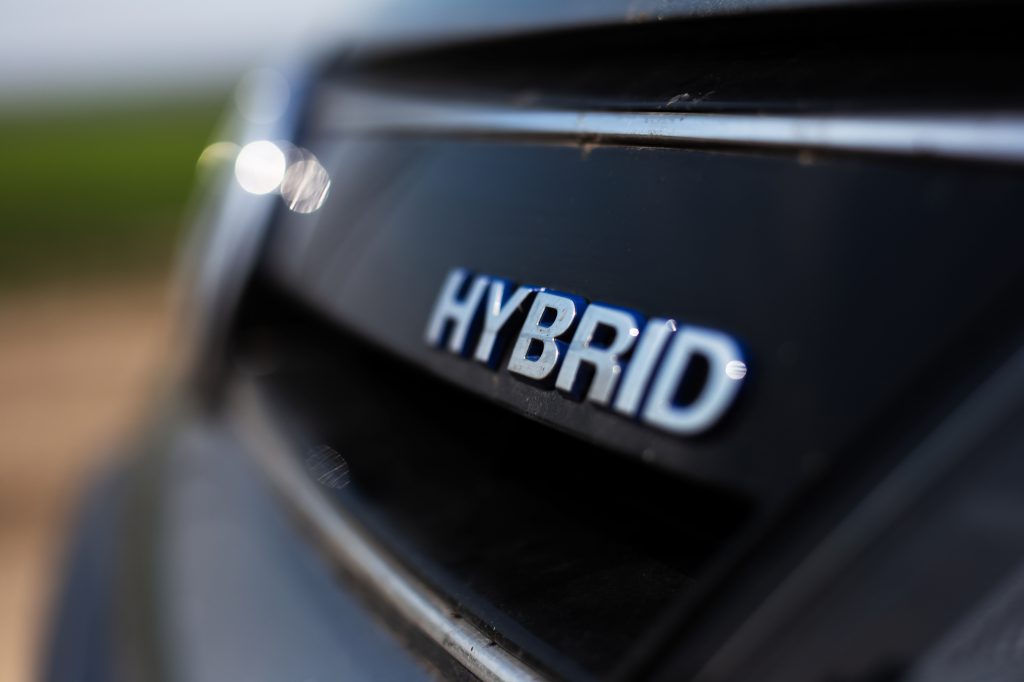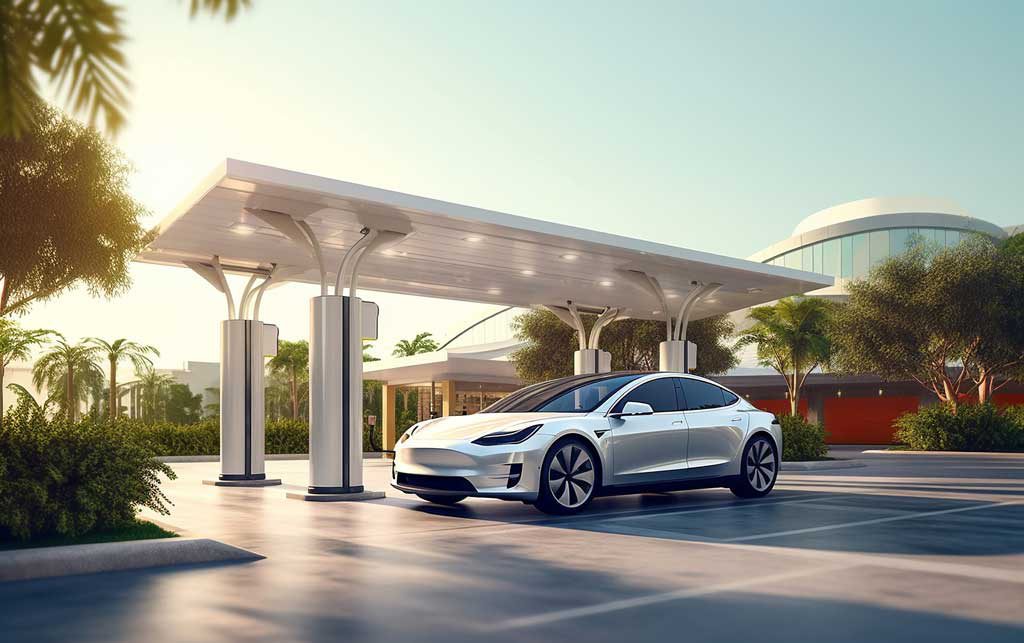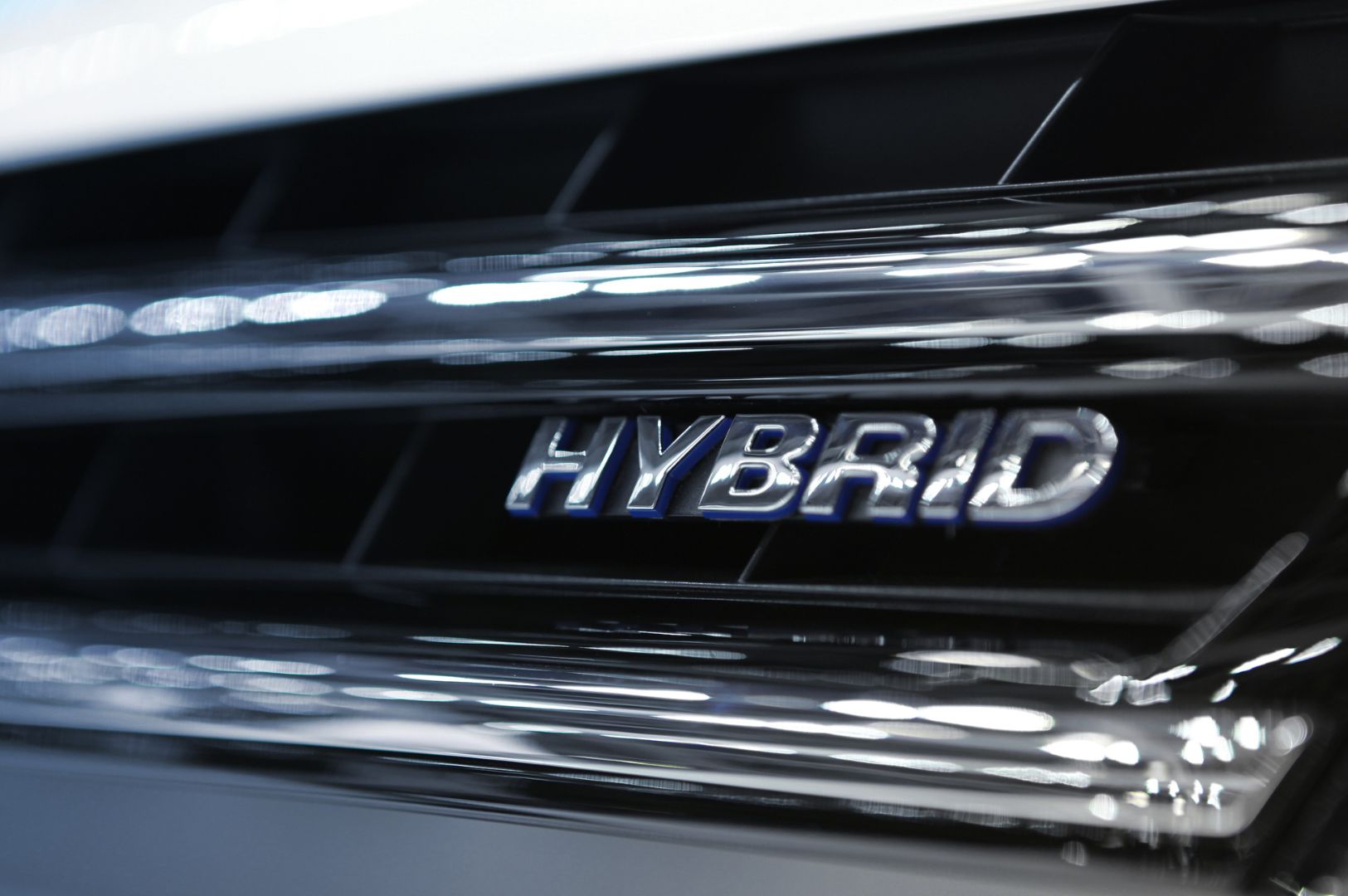In a rapidly evolving world of automobiles, hybrid cars have gained popularity for their eco-friendliness and remarkable fuel efficiency. However, buying a hybrid car involves more than simply selecting the most aesthetically pleasing vehicle. It requires considering various factors to suit your needs and lifestyle.
If you’re seeking hybrid cars NZ and are unsure about making a purchase, you should keep the following factors in mind:
Contents
Understand The Types Of Hybrid Cars
Hybrid cars are designed to optimize fuel efficiency and minimize emissions. They come in three main types, each with its impact on fuel efficiency, cost, and driving experience. Therefore, understanding these differences is crucial:
Parallel Hybrids
A parallel hybrid utilizes both a gasoline engine and an electric motor, which can operate independently or simultaneously, offering flexibility. In standard driving conditions, the engine and motor work in tandem to enhance fuel efficiency.
For low-speed driving, typically in city traffic, the electric motor alone powers the vehicle. Conversely, during high-speed conditions, such as highway driving, the gasoline engine predominates. The versatility of parallel hybrids makes them a popular choice among consumers.
Series Hybrids
In series hybrids, the gasoline engine doesn’t directly power the car. Instead, it charges the battery, which in turn powers the electric motor that drives the vehicle.
Consequently, these vehicles can frequently travel short distances using only electric power, making them ideal for city driving or short commutes. However, when the battery power is low, the gasoline engine kicks in to provide extended range.
Plug-In Hybrids
Plug-in hybrid vehicles combine the features of both parallel and series hybrids. They have larger batteries that can be charged by plugging into an electrical outlet. This ability allows them to travel further on just electric power, which is often enough for daily commutes.
When the battery depletes, they function similarly to parallel hybrids, using both the gasoline engine and the electric motor. This hybrid type offers great versatility, balancing electric vehicles’ benefits with gasoline engines’ convenience.
Understanding these types will help you match a hybrid car’s capabilities with your driving habits and needs. With the correct type of hybrid car, you can maximize your fuel savings and minimize your carbon footprint.

Evaluate Fuel Efficiency
If you’re considering a hybrid car to cut back on fuel consumption, fuel efficiency becomes a paramount factor. While hybrid cars typically demonstrate superior fuel efficiency compared to conventional vehicles, not all are created equal. Look for models offering high miles per gallon (mpg) in city and highway driving conditions. Remember, the higher the mpg, the less fuel is consumed.
Consider Maintenance And Repair Costs
No car is immune to unforeseen technical glitches or routine maintenance needs, and hybrid vehicles are no exception. Although these cars are often more reliable and require less routine maintenance than conventional cars, their complex technology can make repairs more expensive. However, most hybrid vehicles have extensive warranties, especially for the battery, to counter these potential costs.
Examine Battery Life
Another factor to think about is the life expectancy of the hybrid battery. Over time, the battery’s performance may decrease, affecting overall fuel efficiency and requiring replacement.
Battery longevity varies by make and model, and usage patterns, such as frequent short trips versus long highway commutes, can also impact battery life. Check the battery warranty for each model you’re considering – a longer warranty often indicates a more robust battery.
Keep in mind that replacing a hybrid battery can be costly, so it’s beneficial to consider models with batteries known for their longevity.
Investigate Incentives And Tax Credits
An often-overlooked factor when purchasing a hybrid vehicle is the potential for tax incentives or credits. Federal, state, or local incentives may be available to hybrid car owners. Explore these opportunities, as they can substantially offset your hybrid vehicle’s initial cost.
In some cases, these incentives can shave thousands of dollars off the initial cost. So, before making a decision, research thoroughly about all the available incentives and tax credits, as they can substantially offset the initial cost of your hybrid vehicle.
Think About Resale Value
Every car purchase should take into account the potential resale value of the vehicle. Some hybrid cars retain their value better than others. Check online resources and consult with local dealerships to determine which models will likely possess higher resale value.
Additionally, be aware that certain hybrid features, like advanced driver-assist technologies or high-efficiency models, may further increase a vehicle’s resale value over time. Being mindful of these factors can not only ensure a good return on your investment but can also provide peace of mind in your purchase decision.
Prioritize Your Driving Needs
Your driving needs, habits, or hybrid lifestyle can also influence your choice of vehicle. For example, a plug-in hybrid might not be the best option if you frequently travel long distances. On the contrary, if most of your driving involves short, in-town trips or commutes, a plug-in hybrid could be an excellent choice.
Factor in where and how often you’ll have access to charging stations. An area dense with charging infrastructure can make owning a plug-in hybrid more convenient and cost-effective.
Consider Comfort and Space
When shopping around for a hybrid car, pay attention to comfort and space. A hybrid vehicle shouldn’t compromise on the comfort you expect from a car. Assess the seat quality, ride smoothness, noise levels, and user-friendly technology.
If you have a large family, a compact hybrid might be too cramped. Larger hybrid sedans or SUVs might be more fitting for those needing extra passenger and cargo space. Search for models that offer the passenger and cargo space you need, along with the comfort features that will make your journey enjoyable.

Conclusion
Purchasing a hybrid car involves more than just considering cost and fuel efficiency. It’s about matching your needs with the appropriate type of hybrid, monitoring battery life, evaluating maintenance costs, potential incentives, resale value, and ensuring it provides the comfort and space you require. With careful consideration and research, you’ll be able to make an informed choice and reap the numerous benefits a hybrid vehicle provides.



